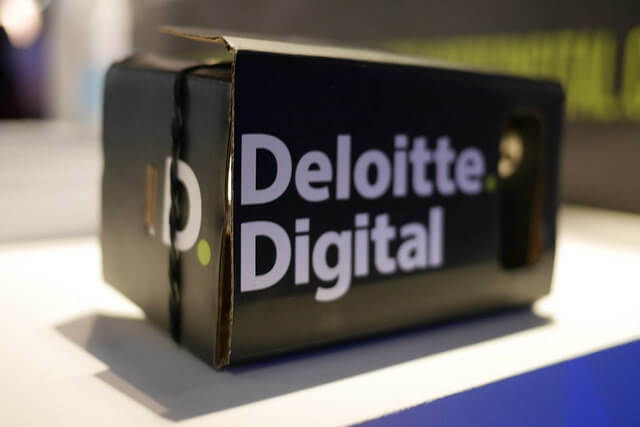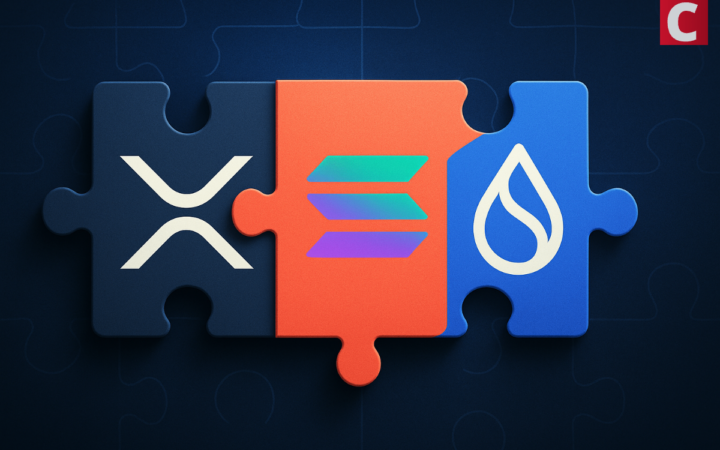Taking strong interest in blockchain, cryptocurrencies, and IoT, Tatsiana Yablonskaya got deep understanding of the emerging techs believing in their potential to drive the future.
Deloitte has unveiled the launch of new EMEA blockchain lab at Whitaker Court in Dublin’s “Silicon Docks” district among neighbours including Google, Facebook and others. Initially, 25 blockchain developers and designers will be working in the laboratory while Deloitte promises to add 25 more by the end of the year.
With this new Dublin-based lab, Deloitte has increased an existing network of labs around the world including a major lab on Wall Street, all built on the company’s Global fintech and innovation practice. Deloitte believes in the potential of the blockchain to revolutionize the way digital services are provided globally in all sectors of business.
David Dalton, Financial Services Partner at Deloitte, said: “We are still at the early stages of the adoption of blockchain technology. But it is becoming increasingly clear that this technology is transforming the infrastructure underpinning financial services and other industries. It is bringing dramatic improvements in efficiency and customer experience.”
Deloitte has gathered together a strong team of more than 800 professionals across 20 countries. The company cooperates with international organizations intending to introduce blockchain-enabled solutions.
As for now, Deloitte can boast of more than 30 blockchain-related prototypes, covering a uses such as digital identity, digital banking, cross-border payments, trade finance and loyalty and rewards solutions, as well as distinct efforts for the investment management and insurance sectors.
At the beginning of January, Deloitte announced the launch of a blockchain lab in New York. Located in New York’s Wall Street district, the lab is staffed with over 20 developers and designers who research and develop distributed ledger solutions for the financial industry.
“Innovation is a top priority for Deloitte – we continue to strategically invest in our capabilities to help clients adapt to a world where success or survival depends heavily on innovation,” said Joe Guastella, a principal with Deloitte Consulting and global financial services consulting leader.
Although blockchain has been attracting increased attention recently, TechCrunch forecasts that the year of 2017 won’t be easy for the technology.
Private blockchains (like the Hyperledger project from the Linux Foundation, R3CEV’s Corda, and the Gem Health network) might start feeling real friction. So far, private blockchains have gotten the benefit of the doubt as innovative projects. Hundreds of millions of dollars have been invested with little to show for it in production. Many of their projects are not terribly innovative, and haven’t been subjected to the same rigorous review as more public projects.
The upcoming year might put some much-needed cold water on private blockchains due to greater scrutiny from analysts, well-informed media, and investors.





